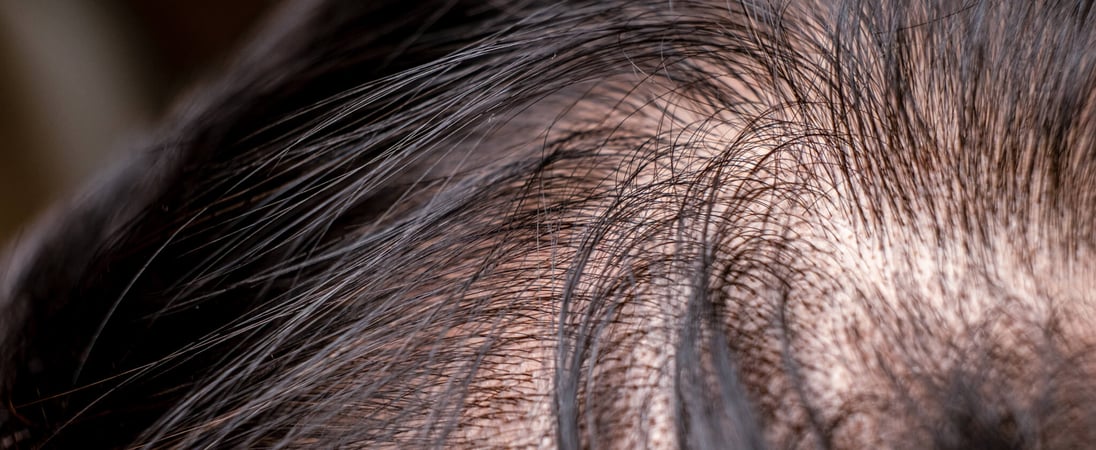
National Hair Loss Awareness Month
Strands thin, and the scalp reveals a journey of self-discovery amidst changes, embracing transformations with courage and grace.
Some have said that the hair is a person’s crowning glory. But for the more than 80 million adults in the United States who are affected by hair loss issues, this can be a difficult challenge. In fact, hair loss is so prevalent that around 2/3 of men will experience hair loss by the age of 35. And while the bulk of the hair loss numbers affect men, many women are also impacted.
National Hair Loss Awareness Month is here to increase the conversation about hair loss and also improve public awareness about some of the issues behind it as well as possible ways to manage hair loss.
History of National Hair Loss Awareness Month
National Hair Loss Awareness Month got its start when it was declared by the American Academy of Dermatology (AAD) to promote the overcoming of myths and the spreading of accurate information surrounding the issues of hair loss.
While some people want to fight against hair loss and do everything to keep their hair, others might simply choose to embrace it and let nature take its course. Still others might invest in wigs, wear hats and use their hair loss as a fashion choice!
Actions and steps related to hair loss are truly a personal decision. National Hair Loss Month offers a wide range of opportunities that can honor whichever way a person chooses to address their hair loss.
How to Celebrate National Hair Loss Awareness Month
Get involved with National Hair Loss Awareness Month by joining in through some of these activities:
Learn About Causes of Hair Loss
One interesting way to participate in National Hair Loss Awareness Month might be to get more informed about the different reasons that people tend to lose hair. While family heredity is at the top and can’t necessarily be controlled, other causes of hair loss may be more manageable, such as these:
-
Hormonal changes including pregnancy, childbirth, menopause, and thyroid problems
-
Medical conditions such as alopecia areata, scalp infections and more
-
Stressful events can trigger hair thinning following a physical or emotional shock
-
Certain kinds of hairstyling, particularly that include hair pulling, braiding or chemical styling can induce hair loss or cause hair to break
Visit a Medical Professional About Hair Loss
Some people who have certain hair loss issues may be experiencing them due to a medical issue. Women are particularly susceptible to hair loss when it relates to hormonal imbalances, and a doctor may be able to offer some supplements or nutritional solutions to help. Those who have alopecia areata are dealing with an autoimmune disorder that is best monitored by a physician.
Consider Nutritional Supplements
Of course, every medical decision should be made under the advice of a doctor or pharmacist, but those who have hair loss because of hormones or stress may consider that nutritional supplements might help. Some double-blind studies have shown that both biotin (a coenzyme) and zinc (a micronutrient) may be helpful in hair loss. Others advocate for Vitamins B and C, Selenium, Niacin and Iron. Check with a doctor for more information.
Also in ...
View all holidaysNational Mountain Climbing Day
Scaling heights, conquering challenges, the crisp air, and breathtaking vistas—a symphony of nature's grandeur unfolds in ascent.
International Beer Day
Sharing laughs with friends over a refreshing, bubbly, golden pint is a classic recipe for good times and memorable moments.
Colorado Day
Nestled in the heart of the Rockies, this state offers outdoor adventures galore, from mountain hikes to scenic drives.
National Pinball Day
Get lost in the kinetic dance of lights and steel, navigating obstacles, chasing scores—a pinball symphony of thrill.




